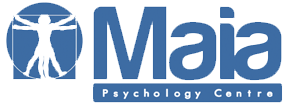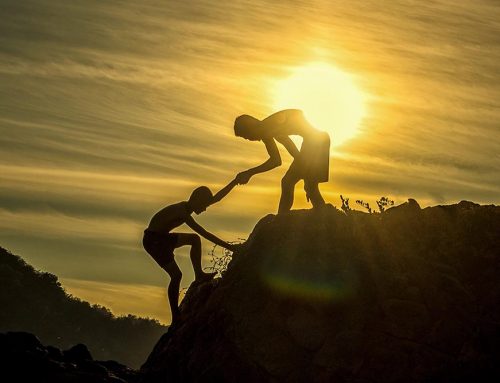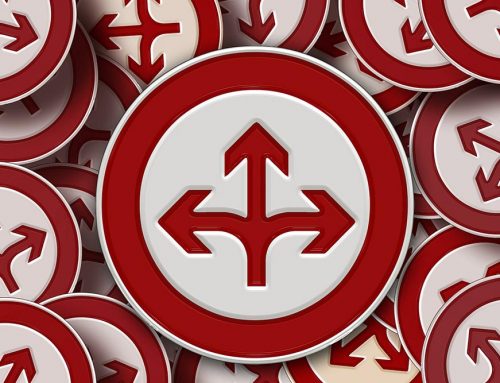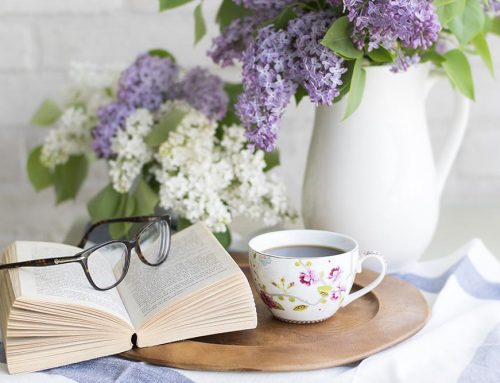Who are we in times of change?
by Anne Marie Spiteri
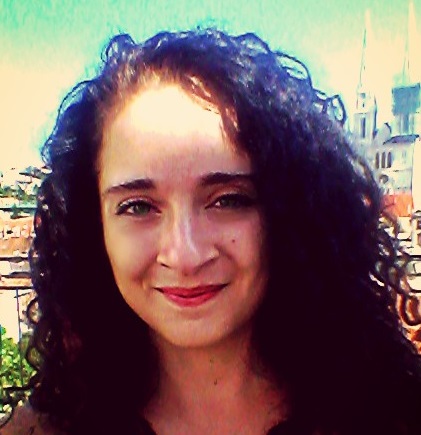
At a global level, we are living through unprecedented times requiring unprecedented measures in our societies and communities at large.
As a psychotherapist who has always believed in the co-created beauty of social interactions and exchange, I found myself suddenly preaching in favour of social distancing. Our priorities and contexts changed, along with our definitions and meaning-making strategies. Suddenly we are loving and taking care of our elders by staying away from them, we are protecting our family and friends by refraining from giving them hugs, our “Hellos and Goodbyes” have to be brief while we stay with the sense of frustration and dissatisfaction that these incomplete interactions sometimes bring. Those who were lucky enough transformed their homes into working places. Our pets have become our colleagues and individual dreams had to be postponed.
We can no longer see ourselves as being the sole composers of our own symphonies. The current circumstances won’t allow us. We are righteously urged to bring the needs of our community in the fore-front. More than ever before, we have to let loose of our “individual” status within our communities and weave ourselves into them, as at the request to push towards one common goal: Health. As a result, during this time of change, during this weaving and needed confluence of sorts, I couldn’t help but think about our own individual loss of self.
Without going into the merits of categorizing this shift towards the greater communal good, as being either good or bad, to me the loss and the re-adaptation of the individual self is very much akin to the processes and to the loss of self in trauma. In this case a national trauma. In a trauma Gestalt Psychotherapy sees the three self-functions as becoming hidden under a cloud. Sensations are suppressed as the individual is aware of only a few restricted needs and interests. The ability to choose, act and control is lost in an inability to cope with a current situation and the different roles that we used to previously occupy disappear. The person can no longer be who he/she was. During this phase the new experiences are not yet integrated and a new persona has not yet risen after the life-changing event.
In the light of the widely held and undisputed belief of “we are what we do”, our inability to fulfil the roles that were previously filled, leave us empty; as we try to decipher and understand how we can adapt, and who it is that we can now be. With this numbness in our sensation, and a sense of confusion as to the limited options and choices that are now available in the process of adaptation, re-creation and re-invention, what is it that we can cling on to? From where do we start? What can we change?
In my humble opinion, we can start by re-framing our beliefs, changing them into a kinder self-mantra that removes the guilt from oneself and shifts into a flexible understanding that circumstances change, that change is part of life, and that we are not expected to know what to do each time this happens. We are allowed to be confused, frustrated, angry, sad, empty – because we are not what we do – WE ARE WHAT WE ARE. We will not always have good days, and our states of being will swing from one day to another, as will our understanding of these situations. With the acceptance of every oscillation that we will dance along with, there comes a certain sense of peace in the knowledge that whatever we do is fuelled, by WHAT WE ARE. We can’t be artists, if we’re not creative, we can’t be carers if we’re not caring, we can’t be students, if we don’t like to learn, we can’ t be teachers if we don’t like to teach….and the list goes on. So the things we value, are there to stay, and in a changing circumstance they can be manifested, expressed and explored in other ways. Creativity can be manifested through a daring cooking session at home, care can be manifested through a telephone call, knowledge can be manifested through web surfing etc etc.
So wake up everyday with a sense of curiosity, into what makes you. What is it that you value? Think of the things you’re missing the most, and after becoming aware of that feeling, try to think what innate qualities were needed to do that activity. In so doing think of how you can now safely manifest this little bit of yourself and know that unless this is no longer something that you need, bit by bit, the qualities and pieces will eventually lead you to growth and hope.
We will get through this one as well. We are all together.
Written by AnneMarie Spiteri, Gestalt Psychotherapist and part of the team at Maia Psychology Centre.
Our team of Psychologists, Psychotherapists and Counsellors are still here to support you through online therapy. Book your appointment now and benefit from a discounted fee for the first 2 sessions. Offer valid for the month of April.
